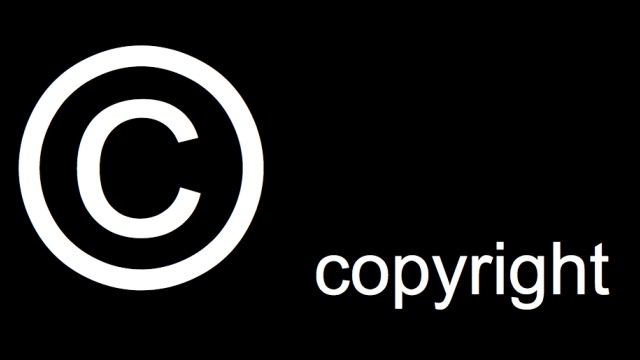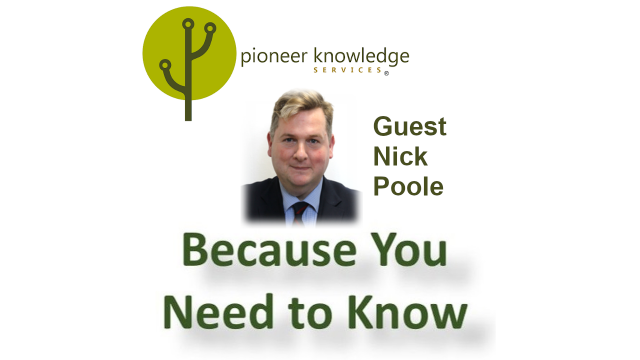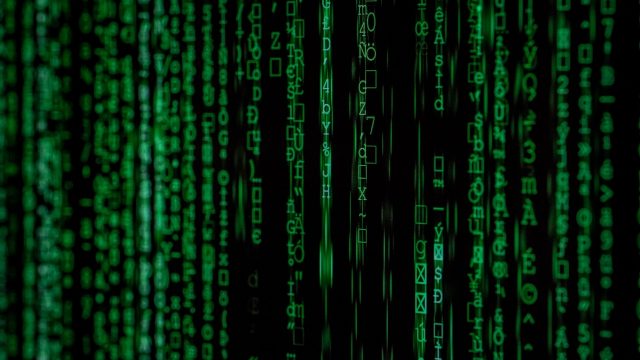
Libraries and digital content copyright: Extending the first sale doctrine
Libraries have traditionally had the function of collecting and providing access to books, periodicals and other documents, but they are increasingly turning their attention to digital content. The 2016 edition of the Annual Library Budget Survey found that in the coming year, 59% of the overall budget of libraries worldwide will be used for electronic information.
However, libraries are being hamstrung by copyright issues in regard to access to and the lending of digital content.
A new working paper from the American Library Association (ALA) proposes that these copyright issues be addressed through extending the first sale doctrine to digital content. The paper was prepared by Assistant Professor Yoonmo Sang while in residence at the ALA Office for Information Technology Policy (OITP).
In the working paper, Sang highlights the importance of libraries and librarianship, with the core values promoted by modern librarianship including access, intellectual freedom, preservation, and literacy. He contends that these fundamental values are under threat because copyright is acting as a roadblock to public access to digital material.
Sang argues that current copyright laws are based on a print culture, and could have little anticipated the impact of digital technologies on modern lives, and that the balance that copyright sought to achieve has been upset. The financial interests of copyright holders are now given priority over the ability of the public to access knowledge and creative works.
The first sale doctrine exhausts the exclusive right of a copyright holder to control the subsequent distribution of a physical work, such as a book or CD, after its initial sale. This means that markets for used books and music can exist, and libraries can provide access to content without fear of breaching copyright.
People typically believe that they have these same rights in regard to digital content. For example, people believe that they “own” their e-books in the same way that they own physical books. However, this is not the case. The first sale doctrine does not extend to digital works. Instead, the copyright holders of digital content rely on licensing options similar to those used with software.
Through licensing, copyright holders seek to maximise revenue by controlling the subsequent distribution of their works. Because the purchasers of digital content do not own the content, they can’t resell, lend. or rent the content without permission from the copyright holder. This means that libraries are only licensees of their digital content, even though the purchased it to lend to patrons.
Printed books belong to libraries and can be repeatedly loaned to patrons without constraint, but publishers often impose restrictions on the loaning of digital content. For example, some publishers place limits on the number of times e-books can be loaned before a library must repurchase a license.
Copyright holders have successfully opposed the extension of the first sale doctrine to digital content by arguing that because digital content does not degrade over time, allowing it to be purchased and owned would encourage illegal copying leading to a reduction in purchases.
Some digital content is available only through end user licensing agreements (EULAs), which further restrict libraries in providing access to this content.
Copyright protection has been justified by an economic efficiency paradigm that measures the value of copyrighted material in monetary terms. Sang argues that this ignores other values:
The values being overlooked include factors such as increasing individual autonomy, equitable access to knowledge and creative cultural works, and opportunities for individuals to actively participate in the process of cultural meaning-making.
Future meaningful efforts to balance the interests of copyright holders and those of copyright users, including library patrons, can become actualized when we envision copyright as a government-granted monopoly that functions to realize democratic values such as equitable access to knowledge and creative works by enhancing individuals’ autonomy with regard to existing works and by promoting ordinary citizens’ active participation in cultural meaning-making processes as opposed to merely granting economic incentives to creators. The core values that libraries seek to accomplish cannot be fully supported by economic efficiency.
Image source: Copyright Symbols by Mike Seyfang is licensed by CC BY 2.0.
Also published on Medium.





